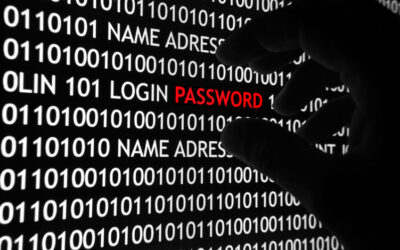By Andrea Moseley Two weeks ago, I published the first installment in this blog series. This series focuses on parallels and differences between issues surrounding political fraud and COVID-19 fundraising fraud. In this series, I will continue to explore DoJ policies...
What Do Scam PACs and the Coronavirus Have in Common?
By Andrea Moseley Both scam political action committees and COVID-19 fundraising are currently rife with opportunities for fraud. These groups labeled “scam PACs” purportedly raise money for political causes but instead, direct the money they receive from donors...
Ninth Circuit Stands Strong on Computer Fraud and Abuse Act (Sort Of)
By: Sara Kropf The Computer Fraud and Abuse Act has been used by prosecutors to charge individuals who "exceed authorized access" (or act "without authorization") on a computer--sometimes their employers' computers, sometimes a stranger's computer that they are...
Fetishes, Fantasy and the Limits of the Computer Fraud and Abuse Act
By: Sara Kropf It’s a common scenario: a company thinks an employee is using its computers to do something wrong. Maybe the employee is stealing clients for a new venture, copying data from proprietary research or leaking documents to the media about the CEO's...
Inside Baseball: The Basics of the Computer Fraud and Abuse Act
By: Sara Kropf The Computer Fraud and Abuse Act (CFAA) has been an increasingly popular tool for DOJ over the last few years. A recent case against the St. Louis Cardinals’ Director of Baseball Development is an easy introduction to the statute. Christopher Correa...
A Cautionary Tale: Make Sure Your Investigator Follows The Law
By: Sara Kropf In a white-collar case, the prosecutors have the FBI on their side. A private lawyer can't call on armed agents to investigate a case. Hiring a good private investigator, then, can make all the difference. A skillful and diligent investigator can chase...


